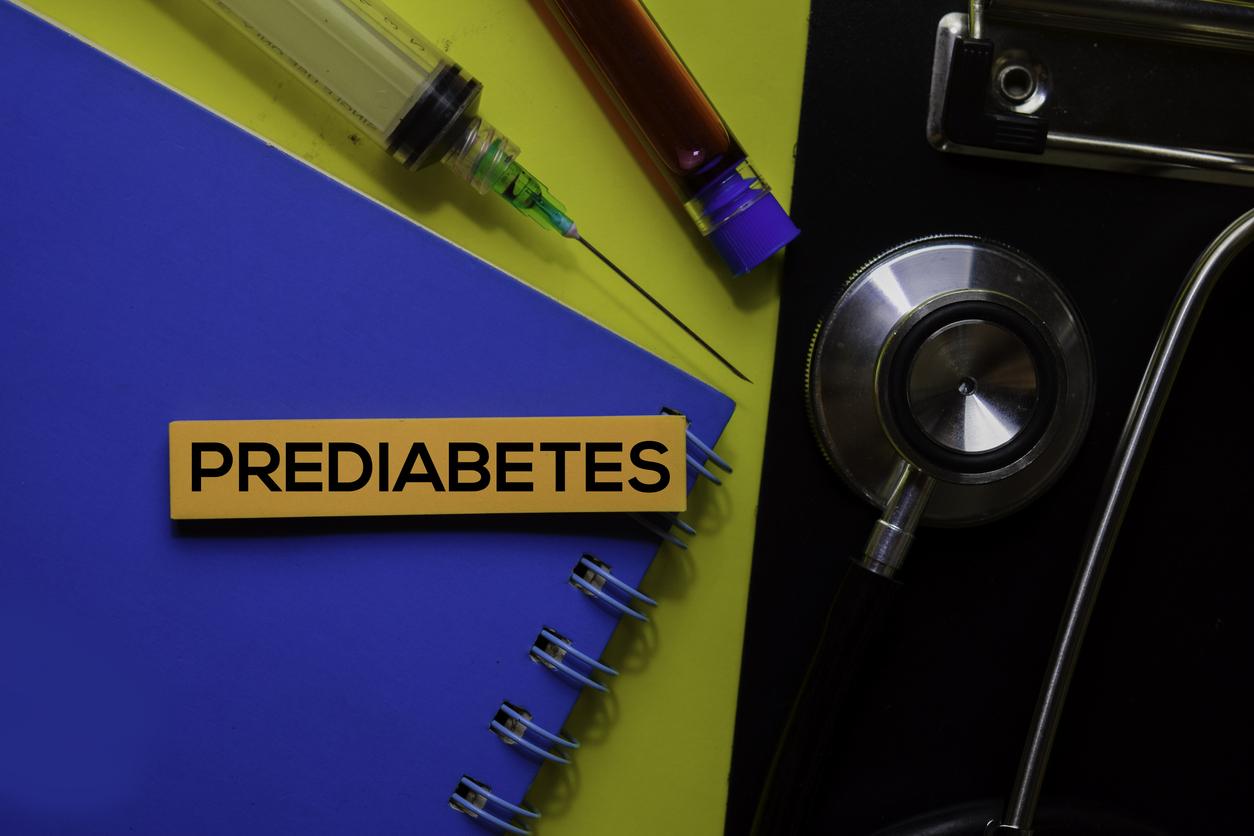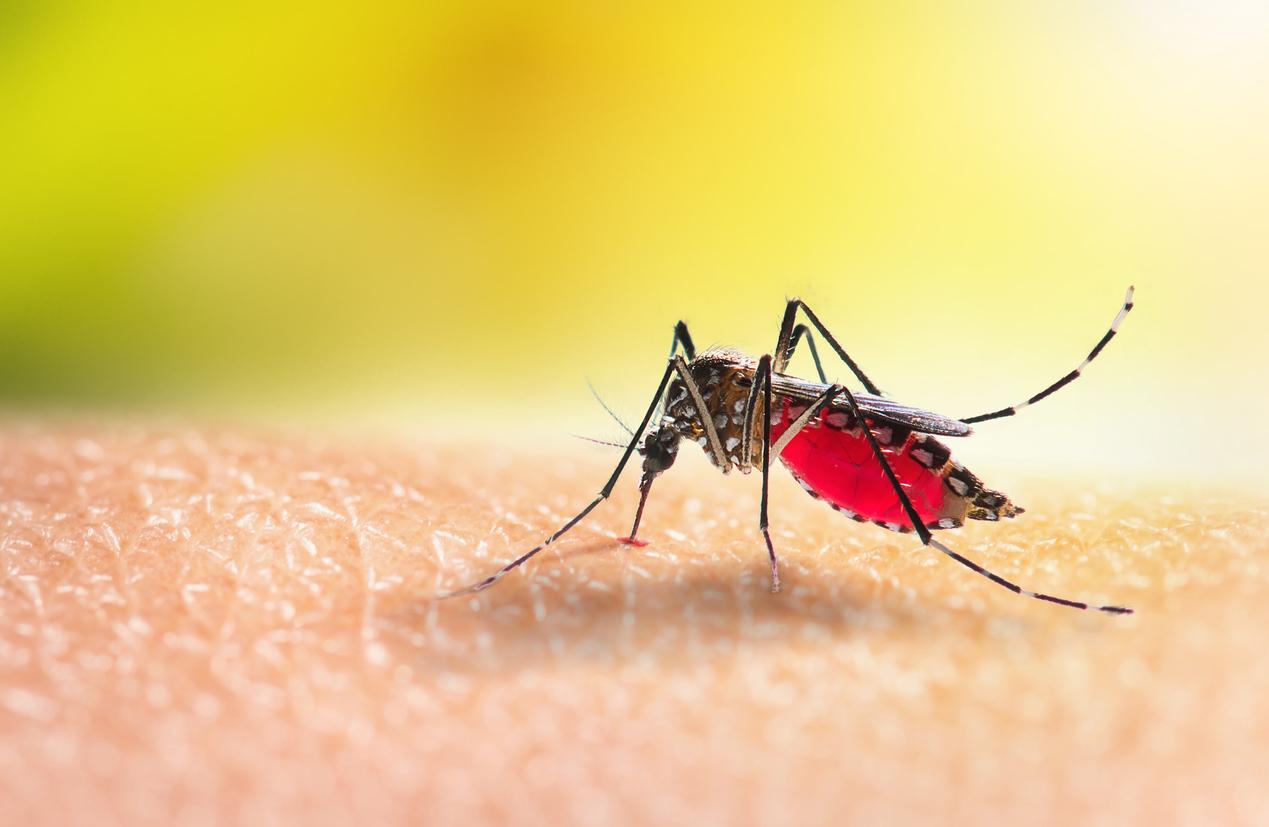September 27, 2004 – Health Canada’s Pest Management Regulatory Agency (PMRA) recommends that lemongrass essential oil personal mosquito repellants be withdrawn from registration and their use phased out.
This is what the federal regulator announced in a press release posted on September 17 on its website. This re-evaluation does not apply to other uses of citronella, either as a food additive or as a component of candles or cosmetic products.
This recommendation comes as part of a re-evaluation program for all pesticides registered prior to 1995.
The PMRA justifies its action on two main grounds: first, citronella oil repellents may contain methyl eugenol – a potentially carcinogenic agent; and second, no studies or data demonstrate the long-term safety of this oil. In fact, the body’s science advisers believe repeated topical applications “can lead to even higher levels of exposure,” with the natural insect repellant only effective for 30 minutes.
The manufacturers of lemongrass oil mosquito repellants therefore have until November 17 to inform the PMRA of new information demonstrating the safety of their products, or to indicate that they intend to deposit them in the PMRA. a deadline to be negotiated.
Citronella oil-based personal insect repellents will remain on the shelves until Health Canada completes the analysis of the new information received, if applicable. Otherwise, we will announce a schedule of gradual abandonment of the product “which may extend over several months, even years,” said Édith Lachapelle, spokesperson for the PMRA.
It should be noted that Health Canada has not identified any case of intoxication or any imminent health risk from the use of this product sold in Canada since 1948.
The PMRA clarified that it does not distinguish between naturally occurring and synthetic chemicals. “The health risk is a function of its intrinsic danger (toxicity) and exposure to this product”, it is specified. Thus, insect repellents with a concentration of less than 30% DEET are considered safe by Health Canada. Ingestion of DEET can be fatal, however.
Martin LaSalle – PasseportSanté.net

















